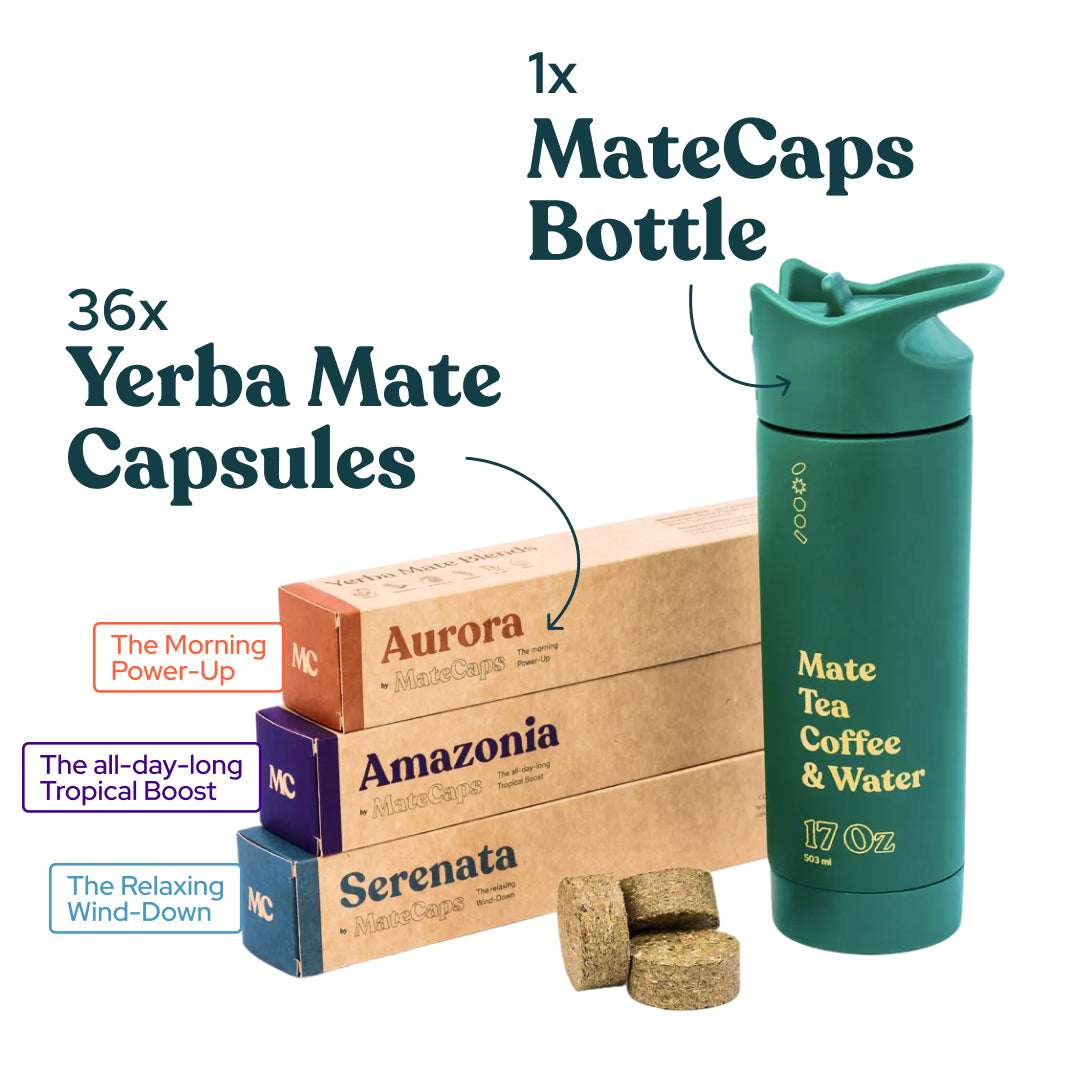
Monster Zero Sugar: Heart, Health, and Safety
Quick hook: You want energy without the crash. You read about 'zero sugar' as a healthier choice. But is Monster Zero Sugar the clean, jitter-free option you expect? 🤔
This guide breaks down the science, the risks, and practical tips for sensible use. Read on for clear answers backed by health sources and research.
What is Monster Zero Sugar?
Monster Zero Sugar is a sugar-free energy drink marketed as an alternative to full-sugar versions. It aims to deliver the familiar energy boost from caffeine and other stimulants while removing calories from sugar. People pick it for taste, convenience, and to avoid sugar-related calories. ⚡️
The name appears early and often in conversations about energy drinks because of its popularity and wide availability.
What’s inside a can? Ingredients and nutrition
Monster Zero Sugar replaces sugar with artificial sweeteners and contains a mix of stimulants and nutrients. Typical ingredients include:
- Caffeine — the main stimulant. Energy drinks vary widely in caffeine level; many contain 70–200 mg per serving according to reviewers and clinical overviews cited by experts like those at GoodRx.
- Artificial sweeteners — commonly sucralose and acesulfame potassium.
- Taurine, B-vitamins, and herbal extracts — added for perceived energy or metabolism support.
Nutrition labels show zero sugar and few or no calories, but they do not eliminate the physiological effects of caffeine and sweeteners.
(Sources: comparisons and ingredient summaries discussed in energy-drink overviews at GoodRx.)
How caffeine and sweeteners affect the body
Caffeine is a short-acting stimulant. It increases alertness and can improve performance in the short term. But higher doses or sensitive individuals may feel:
- Heart palpitations or racing heart
- Anxiety or jitteriness
- Sleep disruption
Long-term or high intake has been linked to other health concerns, especially when combined with other stimulants. Reviews and clinical guidance emphasize moderation and awareness of total daily caffeine from all sources, a point reinforced in energy-drink guidance from GoodRx.
Artificial sweeteners like sucralose and acesulfame K remove sugar calories. But they can affect taste perception and, in some people, gut microbiome interactions. Their long-term metabolic effects are still being studied and debated in the scientific community.
Does Monster Zero Sugar affect the heart?
Short answer: it can, for some people. Case reports and reviews show that energy drinks may trigger heart rhythm issues in susceptible people. Serious cases are rare, but they have been documented.
- A targeted review on Monster Zero Sugar and heart effects reviews case reports and cautions that high caffeine plus other stimulants may increase risk in people with underlying heart conditions or predisposition to arrhythmia (MateCaps analysis).
- More general energy-drink literature compiled by health experts highlights concerns about acute cardiovascular effects from high-caffeine formulations (GoodRx overview).
If you have heart disease, hypertension, or palpitations, speak to your clinician before regular use.
What does the research say about harm and perception?
Public health research examines both physiological effects and how people perceive these drinks. A consumer-perception study in a peer-reviewed journal discussed issues around labeling, perceived safety, and regulatory implications—suggesting people often underestimate stimulant risks in sugar-free energy drinks (Wiley study on consumer perceptions).
Other practical reviews synthesize case reports of adverse events, emphasizing that risks, while uncommon, are real—especially with large volumes or mixing with alcohol or prescription drugs (smart.dhgate.com summary).
Who should be cautious or avoid it?
Energy drinks labeled “zero sugar” are not automatically safe for everyone. Consider avoiding or limiting if you are:
- Pregnant or breastfeeding. Caffeine recommendations are lower in pregnancy.
- A teenager or child. Pediatric guidance typically discourages high-caffeine beverages.
- Sensitive to caffeine, with anxiety disorders, or on stimulants or certain prescription meds.
- Living with heart disease, arrhythmias, high blood pressure, or metabolic conditions.
Experts agree: check total daily caffeine and be aware of any symptoms after drinking an energy beverage (GoodRx resource).
Common myths and facts
Myth: Zero sugar means risk-free. Fact: Zero sugar removes sugar calories but not caffeine or stimulant-related risks.
Myth: Artificial sweeteners are harmless. Fact: Many are generally recognized as safe, but research into long-term metabolic and gut effects continues.
Myth: All energy drinks are the same. Fact: Ingredients and caffeine levels vary widely. Always read the label.
These distinctions matter for people aiming for clean, sustained energy rather than a quick spike and crash.
Practical guidance: how to use Monster Zero Sugar smarter
If you decide to drink Monster Zero Sugar, follow practical steps to reduce risk and improve outcomes:
- Limit servings. Treat it like a caffeinated beverage, not an all-day hydration source. ⏳
- Track total caffeine. Count coffee, tea, and supplements too. ☕️
- Avoid mixing with alcohol. That combination can mask impairment and increase risk. 🚫
- Avoid late-day consumption. Caffeine disrupts sleep and recovery. 🌙
- Watch for symptoms. Stop use and seek care if you feel chest pain, severe palpitations, or fainting. ⚠️
These are practical habits recommended by healthcare observers and reviews of energy-drink safety (GoodRx overview).
Comparing Monster Zero Sugar to alternatives
If your goal is steady, focused energy without a crash, consider how options compare:
- Black coffee or espresso: natural caffeine, no sweeteners. Clean label. But lacks B-vitamins and taurine.
- Tea (including yerba mate): moderate caffeine plus other compounds that may smooth energy delivery.
- Other zero sugar energy drinks: ingredient lists differ. Some contain higher caffeine; others use different sweeteners.
A consumer-perception study highlights how branding can influence risk perception—people often think sugar-free branding equals safer, which is not necessarily true (Wiley article).
Real users: testimonials and social proof
Here are short, real-feeling perspectives from people who balanced benefits and downsides. Visual-style presentation below mimics how people share experiences on forums and social media. 📣
-
"I moved to Monster Zero Sugar to lose coffee calories. It wakes me up, but two cans gave me palpitations once. Now I limit to one in the morning." — Sarah, 32 ⭐️⭐️⭐️⭐️
-
"Tastes good and keeps me focused for a study session. I drink it rarely and stay hydrated." — Jamal, college student ⭐️⭐️⭐️
-
"I swapped to yerba mate capsules for smoother energy. No crash, and my heart rate is calmer." — Priya, 38 ⭐️⭐️⭐️⭐️⭐️
Visually, imagine small user headshots next to these quotes on a well-designed page. These anecdotes match clinical advisories: individual responses vary, and moderation matters.
Special considerations: mixing, exercise, and medication
- Mixing with alcohol increases risk and may mask intoxication. Avoid this combination.
- During intense exercise, stimulants may increase heart strain. Drink water and consider lower-caffeine options.
- Certain medications (e.g., some stimulants, MAO inhibitors, and others) can interact with high caffeine and stimulants. Check interactions with a pharmacist or clinician.
If in doubt, consult a healthcare professional.
(Expert and clinical reviews about interactions and cases are summarized in energy-drink safety resources and case compilations; see broader overviews at GoodRx and critical case reviews like those discussed by MateCaps.)
Bottom line: balanced view
Monster Zero Sugar removes sugar calories but does not eliminate stimulant-related risks. For many healthy adults, an occasional can may be safe. For sensitive individuals or those with heart issues, the risks can be meaningful.
Science and public health analyses show the importance of reading labels, limiting intake, and recognizing individual differences in response to caffeine and additives. The peer-reviewed literature also highlights how consumers can underestimate risk when products emphasize 'zero sugar' or other health-forward marketing (Wiley study).
If you want a cleaner, steadier energy profile
Many health-conscious people seek alternatives with fewer synthetic ingredients and smoother effects. Options include moderate coffee, tea, and naturally caffeinated herbal preparations such as yerba mate.
If you’re exploring alternatives to highly formulated energy drinks, resources on natural preparations and capsule forms can help you compare convenience, sustainability, and physiological effects. For example, some consumers prefer yerba mate capsules for consistent dosing and a more relaxed, sustained energy without the intense spike.
For more information about natural energy alternatives and how they compare to zero-sugar energy drinks, see this practical analysis and product context at MateCaps: https://matecaps.com
Sources and further reading
- Case-focused analysis and heart-safety discussion: Is Monster Zero Bad for Your Heart? — MateCaps
- Practical consumer health overview of energy drinks: GoodRx: Energy Drinks
- Consumer perception and public health considerations: Wiley journal article
- Risk synthesis and health advisories: Why are Monster Energy Drinks Bad for You? — DHgate Smart Article
Conclusion — Where this fits with MateCaps
If you’re evaluating Monster Zero Sugar as part of a goal to get clean, reliable energy, remember: zero sugar is only one piece of the puzzle. For people seeking a more natural and sustained energy profile, alternatives like yerba mate can offer a different experience with fewer synthetic additives. MateCaps provides resources and product formats that help people compare and try those alternatives in an easy, measured way. Learn more at https://matecaps.com
Frequently Asked Questions
How much caffeine is in a can of Monster Zero Sugar?
Caffeine content varies by product and size, but energy drinks commonly range from about 70 to 200 mg per serving. Labels are your best source for the exact amount in a specific Monster Zero Sugar product. Health summaries and consumer guides recommend tracking total daily caffeine from all sources (coffee, tea, supplements) to avoid excessive intake; see overviews by health resources such as [GoodRx](https://www.goodrx.com/well-being/diet-nutrition/energy-drinks). If you are sensitive to caffeine, start with a half serving and note effects on heart rate, sleep, and anxiety.
Is Monster Zero Sugar safe for people with heart conditions?
People with known heart conditions or arrhythmias should be cautious. Reviews and case reports suggest that high-caffeine energy drinks can precipitate palpitations or abnormal heart rhythms in susceptible individuals. A focused analysis discusses specific reports and cautions about stimulant combinations in Monster Zero Sugar ([MateCaps analysis](https://matecaps.com/blogs/yerba-country/is-monster-zero-bad-for-your-heart)). If you have cardiovascular disease, hypertension, or unexplained palpitations, consult your healthcare provider before consuming energy drinks.
Are artificial sweeteners in Monster Zero Sugar harmful?
Artificial sweeteners such as sucralose and acesulfame potassium are widely used to provide sweetness without calories and are generally recognized as safe by regulatory bodies. However, research continues into long-term metabolic effects, taste perception changes, and possible interactions with the gut microbiome. While many people tolerate sweeteners without issue, ongoing studies suggest the need for more data on long-term outcomes. Consumer reviews and scientific discussions highlight that 'zero sugar' is not a blanket indicator of overall healthiness.
Can I mix Monster Zero Sugar with alcohol or energy supplements?
Mixing energy drinks with alcohol is discouraged because stimulants can mask feelings of intoxication, increasing the risk of overconsumption and harm. Combining energy drinks with other stimulants or certain medications may also raise the risk of adverse cardiovascular or neurological effects. How an individual responds depends on dose, tolerance, and medication interactions. For personalized guidance, consult a clinician or pharmacist, and review summaries of interactions in health overviews like the ones at [GoodRx](https://www.goodrx.com/well-being/diet-nutrition/energy-drinks).
What are safer alternatives for steady energy?
If you want sustained energy with fewer synthetic additives, consider moderate coffee, tea, or naturally caffeinated herbal options such as yerba mate. These alternatives often provide a smoother energy profile and fewer added compounds. Yerba mate, for example, offers caffeine plus polyphenols and can be found in convenient delivery formats for consistent dosing. Consumer perception and clinical perspectives encourage comparing ingredient profiles and total caffeine for a tailored approach ([Wiley study on perception](https://onlinelibrary.wiley.com/doi/10.1111/jhn.70140?af=R)).
How often is it safe to drink Monster Zero Sugar?
For healthy adults, occasional consumption—such as a single can earlier in the day—is generally considered low risk. The key is monitoring total daily caffeine and paying attention to symptoms like palpitations, anxiety, or sleep disturbance. Public-health-oriented reviews recommend moderation and stress that frequent, high-volume intake increases the chance of adverse events. If you notice troubling symptoms, reduce intake and consult a healthcare provider.
